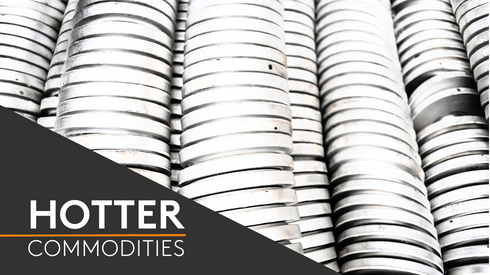Paragraph entered by Atlantic migration, in order for SteelFirst articles to display correctly on Metal Bulletin.
“Chinese domestic iron ore miners are experiencing losses, implementing production cuts and even shutting down at the moment,” it said in a statement published on its website last week.
China’s new resource tax on iron ore, which halved the amount that local miners have to pay from May 1 onwards, would relieve some pressure off them, but this is not enough to enable them to compete with their counterparts overseas, the association said.
Dependence on foreign iron ore will soon be in excess of 80%, which “would not be conducive” to the security of the country’s steel industry, it added.
According to Cisa’s data, imports made up 78.5% of iron ore consumed in China in 2014, up 9.7 percentage points from a year earlier.
Seaborne iron ore prices have tumbled by nearly 60% since the beginning of last year with mining majors pushing ahead with production increases in a bid to secure a bigger share of the market, even as Chinese demand shrank.
Metal Bulletin’s 62% Fe Iron Ore Index fell to a record low of $47.08 per tonne cfr Qingdao on April 2 before ending the month at $56.18 per tonne cfr. The index was at $134.89 per tonne cfr at the start of 2014.
Weak seaborne iron ore prices have, on the one hand, lowered local mills’ productions costs, and on the other, made it difficult for state-owned miners that are vertically integrated with steel mills located nearby, such as Anshan Iron & Steel Group, Shougang, and Hebei Iron & Steel, Cisa said.
The advantages of having a local supply of raw materials for these steel mills gradually disappeared; they now appear to be burdened by it, the association added.
Top steelmakers and miners such as Hebei Steel, Angang Steel, Wuhan Iron & Steel, Taigang Stainless and Hainan Mining have all reported lower income for the first quarter of this year.





